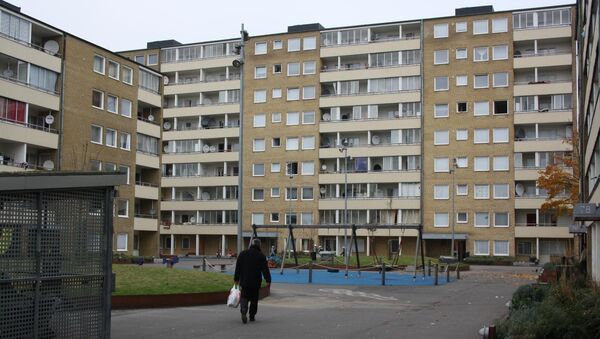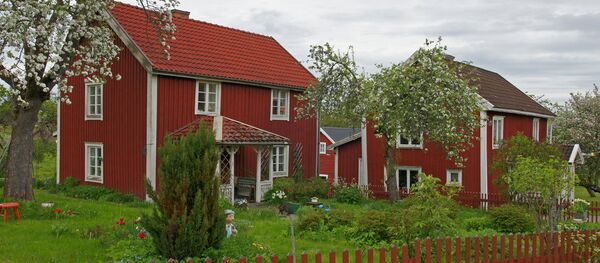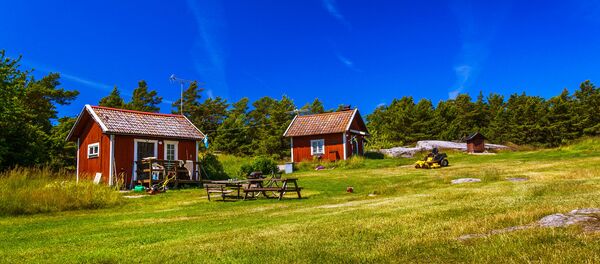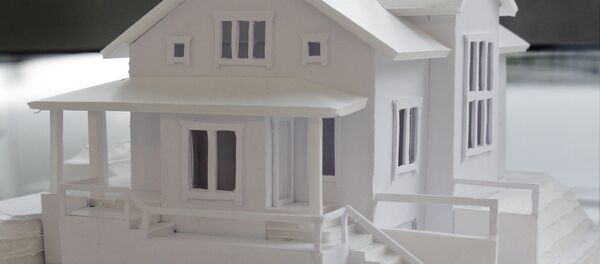By her own admission, Johansson was not "looking for a conflict" with the Swedish municipal sector and rather sought to establish a healthy dialogue. At the same time, Johansson pointed out that she was determined not to let any municipality evade the integration plan the "red-green" government had agreed upon. The current plan by the Swedish government aims to "spread out" multiculturalism in the form of the new arrivals across the country.
A total of 70,000 asylum-seekers were granted residence permits in Sweden in 2016 alone, thus becoming eligible to receive a home in Swedish municipalities. Many of Sweden's 290 municipalities are pressed for money in the aftermath of the migrant crisis and dread the idea of accommodating more newcomers. In late October, Ekerö Municipality decided to stop accepting refugees, having run out of "decent housing," to the dismay of Ylva Johansson.
Another extravagant idea to combat the housing shortage includes converting some of the sights in Stockholm's Old Town into immigrant housing. According to Stockholm's opposition Vice Mayor Joakim Larsson, the historic island of Riddarholmen, which today is dominated by government offices, courts and other authorities and boasts houses ranging from the Middle Ages to the 19th century, may be converted into a residential area.
"The Moderate Party therefore urges the Minister of Housing to create more housing using underutilized properties owned by the state," Joakim Larsson wrote in an opinion piece in Swedish newspaper Dagens Samhälle.
According to Larsson, immigrants should be free to stay in Stockholm, which offers more integration possibilities, as compared with rural Sweden.
"Many new arrivals end up in rural areas with high unemployment, which reduces the possibilities for good integration," Larsson wrote.





